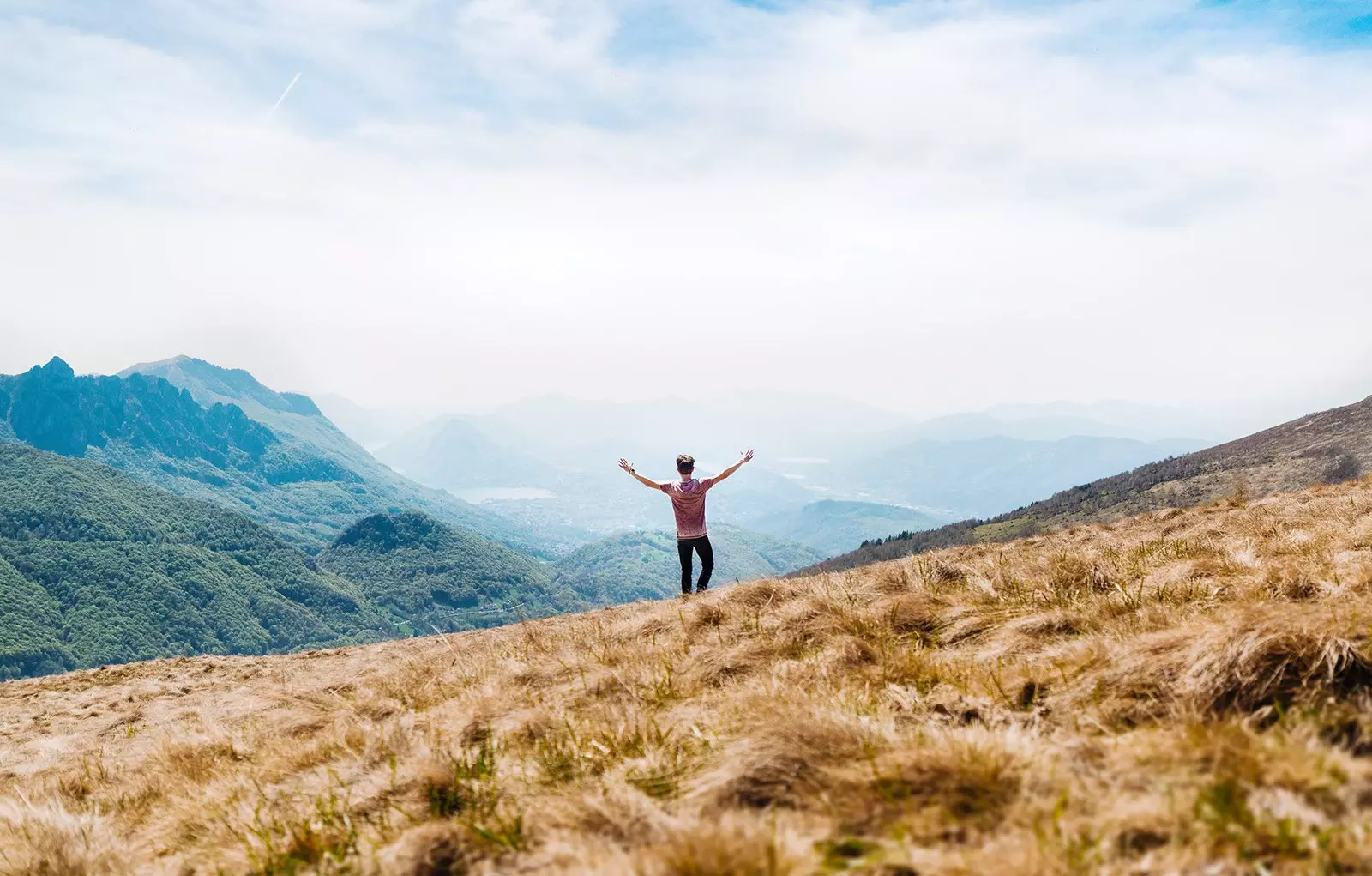
What can we do when the state of alarm ends?
It seemed that the big day would never come, but finally the date is approaching. As of May 9, mobility returns and a bit more of social life though the autonomous communities may appeal to the autonomous justice if they seek to dictate or maintain restrictions.
WHAT HAPPENS ON MAY 9?
This day begins a new stage in the fight against Covid-19 at the end of the state of alarm, an exceptional situation foreseen for major catastrophes, serious stoppages of public services or health crises, such as the one we are currently experiencing.
The Government has made the decision not to extend the state of alarm, taking into account the progress in vaccination. At this time, more than 5.6 million people have already been vaccinated with the complete schedule necessary to guarantee immunization (around 12% of the population). Although experts also insist on the importance of continuing to take precautions because the pandemic and its possible effects are not over.
Under the umbrella of the state of alarm, the last six months, the autonomous communities have applied some measures, such as curfews and mobility restrictions, to contain coronavirus outbreaks. The governments of each territory have also been able to restrict the number of non-cohabiting people who can gather in groups in homes, cafes, bars and restaurants.
AT WHAT TIME DOES THE ALARM STATE DECIDE?
According to the measure published in Royal Decree 926/2020, the state of alarm came into force at 00:00 on November 9, 2020 and It will be until 00.00 hours on Sunday, May 9, 2021. With which, will fall the night of Saturday May 8 to Sunday May 9, the minute after midnight.
WHAT DOES IT SUPPOSE THAT THE STATE OF ALARM DECAYS?
Since then, “Restrictive measures of rights and freedoms, such as curfews and perimeter confinements, are without effect,” explains to Condé Nast Traveler Spain the magistrate Joaquim Bosch.
However, with the end of the state of alarm, all restrictions may not end. The Organic Law of Special Measures in Public Health Matters of 1986 allows communities to take the measures they deem necessary to control communicable diseases, as is the case with the coronavirus. From now on, they will be able to limit some freedoms, as long as they get the endorsement of the courts.
WHAT WILL HAPPEN FROM NOW?
Communities seeking to maintain some restrictions on social life are rushing to give a new legal framework to these measures that will be announced as days go by.
Some of them have advanced that they are going to relax restrictions for hospitality (which in some communities was closed at night), perimeter closures and curfews. However, as Bosch says, if any government requires it, "it can set the curfew, if it has judicial approval."
The Madrid's community has just released the measures as of May 9: the restriction of night mobility is eliminated and extend the hotel hours (from 6:00 a.m. to 00:00 a.m.)
This is the case, for example, of Balearics, where will be kept curfew from 11:00 p.m. to 6:00 a.m. from Sunday after obtaining this Thursday the endorsement of the Superior Court of Justice of the Balearic Islands.
Saving this case, Bosch says that for now the courts have been reluctant to accept blanket restrictions on rights for an entire autonomous community, such as perimeter confinements, curfews or restrictions on meetings in the private sphere, although there have been exceptions. Instead, yes, they have authorized those same restrictions in smaller areas, such as neighborhoods, specific towns or counties with high infection rates.
WHAT RULES CAN THE AUTONOMOUS COMMUNITIES DICTATE?
Bosch explains that Autonomous powers “may be fully applied in situations that do not essentially affect fundamental rights”. For example, the regional governments will be able to regulate directly (and without judicial authorization) the hours and capacity of shops, bars and restaurants.
ARE THERE GOING TO BE THE SAME RULES IN ALL TERRITORIES?
No, not all autonomous communities will dictate or maintain the same regulations. In fact, on this map you can see in real time what measures are in force in each of them.
Before the present state of alarm There was a lot of judicial dispersion and different decisions of the regional courts in the face of similar events. In June and October of last year, some judges rejected restrictions that other courts had endorsed. For example, in the Basque Country and Catalonia, their courts did not restrict nightlife, unlike other regions.
This is going to change now, because of a government decree approved this Tuesday that has established an appeal before the Supreme Court against the decisions of the regional courts. This measure unifies judicial decisions in all autonomous communities and generates uniform criteria on whether curfews and perimeter confinements can be established at a general level at the regional level, according to Bosch.
WHAT OTHER MEASURES WILL REMAIN IN FORCE?
Beyond the state of alarm and its effects, the current rules of the new normality include some measures to protect us from the coronavirus, such as the use of the mask in open or closed public spaces, the means of transport, workplaces, bars and restaurants, which will not change after May 9.
This summer we will not have to wear the mask on the beaches if we are at "a certain point", but We will have to put it on if we want to walk along the shore, we have to go to the toilet or we go to have a drink at a beach bar.
The Spanish islands request a PCR test from all travelers arriving at their ports and airports, made no later than 72 hours before arrival. Tourism Tenerife has confirmed to Condé Nast Traveler Spain that they will continue to be required on arrival and the Balearic Islands made it official on Thursday.
